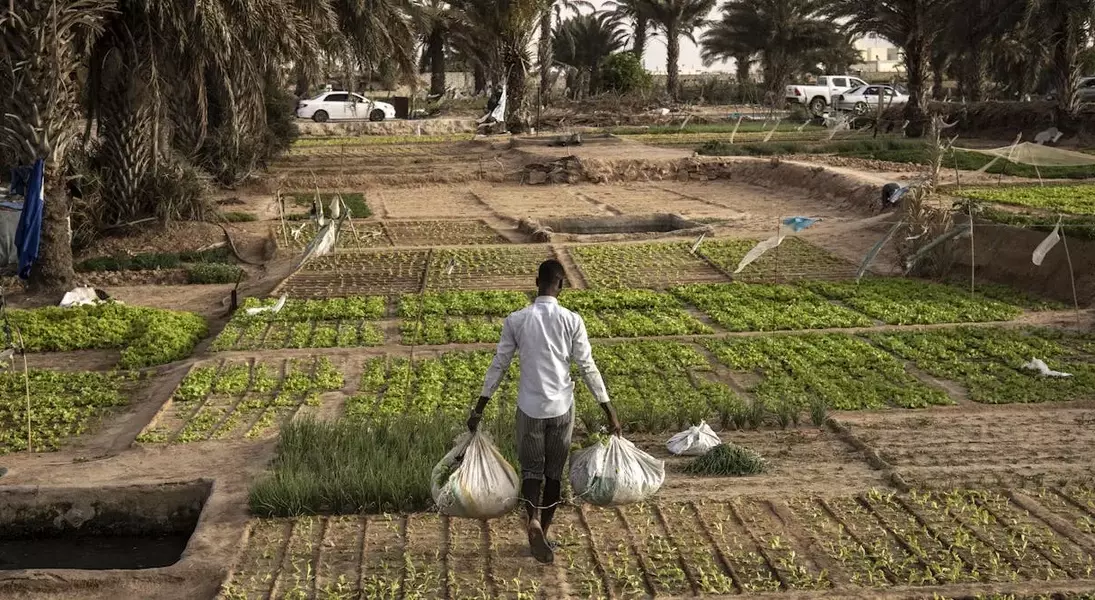
Urban agriculture initiatives are transforming communities by fostering sustainability and economic opportunities. In cities around the world, young individuals are engaging in various forms of urban farming, from community gardens to advanced hydroponic systems. These activities not only enhance local food security but also create platforms for social interaction and learning. By nurturing these spaces, young farmers contribute significantly to building resilient and cohesive communities.
Despite the potential benefits, many young people remain hesitant to participate in agricultural endeavors, particularly in African countries. Research indicates that youth between the ages of 15 and 34 often view farming as physically demanding and lacking prestige. Additionally, systemic barriers such as limited access to land, capital, and skills deter their involvement. However, South Africa stands out with a higher rate of youth engagement in farming, suggesting that with better support and awareness, more young people could be encouraged to embrace this field.
The transformative power of youth-driven urban agriculture is evident in Khayelitsha, a vibrant yet resource-constrained area near Cape Town. Here, young farmers are using community gardens not just to grow produce but to build social connections, create business opportunities, and promote environmental conservation. The gardens serve as hubs for skill development, where participants gain practical knowledge in sustainable agriculture, marketing, and entrepreneurship. This hands-on experience fosters resilience and empowers young people to take initiative within their communities.
Policy makers must recognize the value of youth-led urban agriculture and provide targeted support to expand these initiatives. Financial backing and access to land can enable young farmers to increase food production, create jobs, and empower more youth. Educational programs that highlight the importance of sustainable urban agriculture, along with workshops on entrepreneurship and farming techniques, can further strengthen these efforts. Collaboration with national and international food networks will also help sustain and grow these vital community projects.
In conclusion, youth-driven urban agriculture holds immense potential to address urban challenges while promoting social equity and environmental stewardship. By supporting these initiatives, we can cultivate a generation of empowered young leaders who are committed to creating healthier, more sustainable communities. Together, we can build a future where urban agriculture thrives, benefiting both people and the planet.
